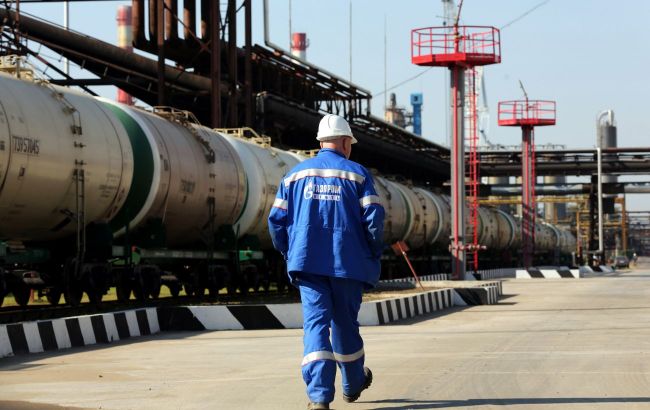According to Bloomberg, Denmark has proposed requiring gas importers to provide national authorities with proof that the gas was not produced in Russia.
In the document of the Danish presidency, particular concern is expressed about gas flows coming through the TurkStream pipeline, which runs between Russia and Southeastern Europe, the publication says.
“Natural gas entering the Union through borders or interconnection points between the Union and Russia or Belarus and through the interconnection point Strandzha 2 / Malkoclar (Turkstream) shall be presumed to be exported, directly or indirectly, from Russia, unless unambiguous evidence,” the document states.
The proposal provides that supplies of Russian gas under existing contracts of less than one year will be terminated no later than June 17, 2026, except for landlocked countries such as Hungary and Slovakia. The ban on supplies under existing long-term agreements will take effect by the end of 2027.
The Danish presidency seeks to agree on the ban on Russian gas among EU member states by October 2025, after which it is to hold negotiations with the European Parliament in order to reach a final agreement by the end of the year.
EU moving away from Russian gas imports
At the beginning of the summer, the European Commission presented a plan to ban imports of Russian gas by the end of 2027.
At the same time, Hungarian Prime Minister Viktor Orbán, an ally of Russian President Vladimir Putin in Europe, repeatedly stated that he would block the ban on Russian gas.
Slovak Prime Minister Robert Fico is also opposed to the ban. For many years, Slovakia has received money from Moscow for gas transit to the EU.
However, the European Commission believes it can use legal measures to ensure that the plan is not blocked by Hungary and Slovakia.
In addition, Reuters reported last month that the EU could accelerate its move away from Russian gas.
